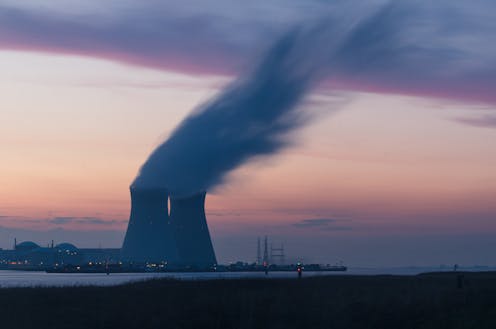3 recent books delve into present anxieties, finding beauty amid the terror
- Written by Craig Billingham, Lecturer, Creative Writing, UNSW Sydney

It seemed to me for many years that thoughts of nuclear catastrophe were anachronistic. Was that ignorance and complacency on my part? Probably. After all, there were always rumblings about proliferation, Iran and North Korea, India and Pakistan and Israel. But they did not feel like existential threats to those of us living in Australia.
Am I alone in feeling this way? Was it less a question of the tyranny of distance than anaesthetising privilege? Terrorism, yes – domestic and international – but not nuclear catastrophe.
Three recent books of Australian poetry – Lisa Gorton’s Mirabilia[1], Greg McLaren’s Camping Underground[2], and Shastra Deo’s The Exclusion Zone[3] (as well as the Sydney Theatre Company’s forthcoming adaptation of Nevil Shute’s 1957 novel On the Beach[4]) – suggest that the nuclear question is back.
The most obvious and important reason would seem to be the war in Ukraine and Vladimir Putin’s bellicosity, but AUKUS and Australia’s plans to acquire nuclear-powered submarines and renascent debates about nuclear power more generally are also relevant.
The Exclusion Zone – Shastra Deo (University of Queensland Press); Mirabilia – Lisa Gorton (Giramondo); Camping Undergound – Greg McLaren (Puncher & Wattmann).

















